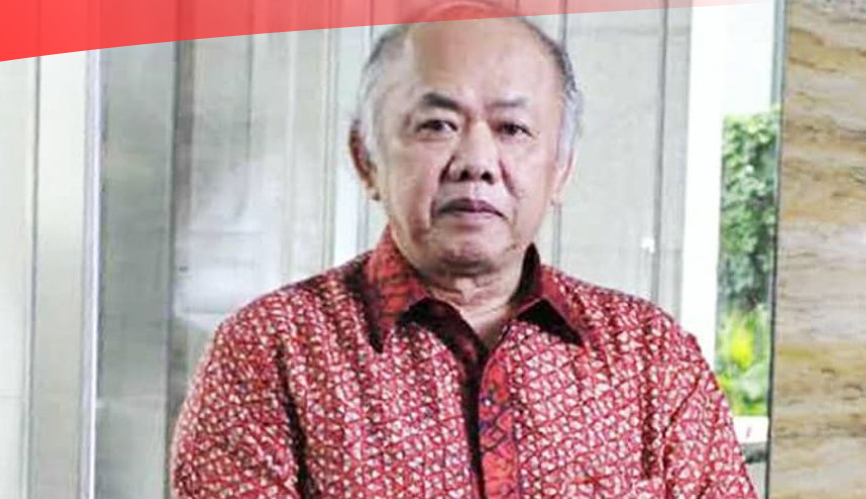Jakarta – Indonesian tobacco tycoon Susilo Wonowidjojo, the figure behind cigarette giant PT Gudang Garam Tbk, has seen his personal fortune decline sharply over the past six years. As of 2024, Forbes reported his net worth at USD2.9 billion (approx. Rp47.2 trillion), a significant drop from USD9.2 billion (Rp149 trillion) in 2018.
The decline correlates strongly with Gudang Garam’s financial downturn. The company’s 2024 financial report shows an alarming 82% drop in net profit, from Rp5.3 trillion in 2023 to only Rp981 billion in 2024. Contributing factors include increased taxation, tightening regulations, and a shift in consumer preferences—factors impacting Indonesia’s tobacco industry at large.
In a move that raised concerns in rural economies, the company also halted its tobacco purchasing from farmers in Temanggung, Central Java, one of the heartlands of clove and tobacco cultivation. The decision is expected to have ripple effects on local livelihoods, emphasizing how corporate policy can impact regional economic resilience.
Despite his shrinking wealth, Susilo Wonowidjojo remains among the top 50 richest Indonesians, ranking 23rd on Forbes Indonesia’s 2024 list. His leadership of Gudang Garam is a legacy inherited from his father, Surya Wonowidjojo, who founded the company in 1958 in Kediri, East Java.
Susilo, born on November 18, 1956, took the helm in 2009 after the passing of his brother and previous company head, Rachman Halim. Since then, the company has remained a dominant force in Indonesia’s kretek (clove cigarette) market, though it now faces mounting pressure from health campaigns and shifting regulations.
In recent years, Gudang Garam’s leadership has seen a generational shift. Juni Setiawati, Susilo’s sister, currently serves as the company’s President Commissioner, while Indra Gunawan Wonowidjojo, believed to be from the third generation, was appointed Deputy CEO in 2022.
The ongoing challenges facing Gudang Garam highlight broader questions about sustainability and transformation in Southeast Asia’s tobacco sector. As pressure mounts on traditional tobacco businesses, diversification and innovation may become critical to maintaining legacy companies’ relevance in the region.







